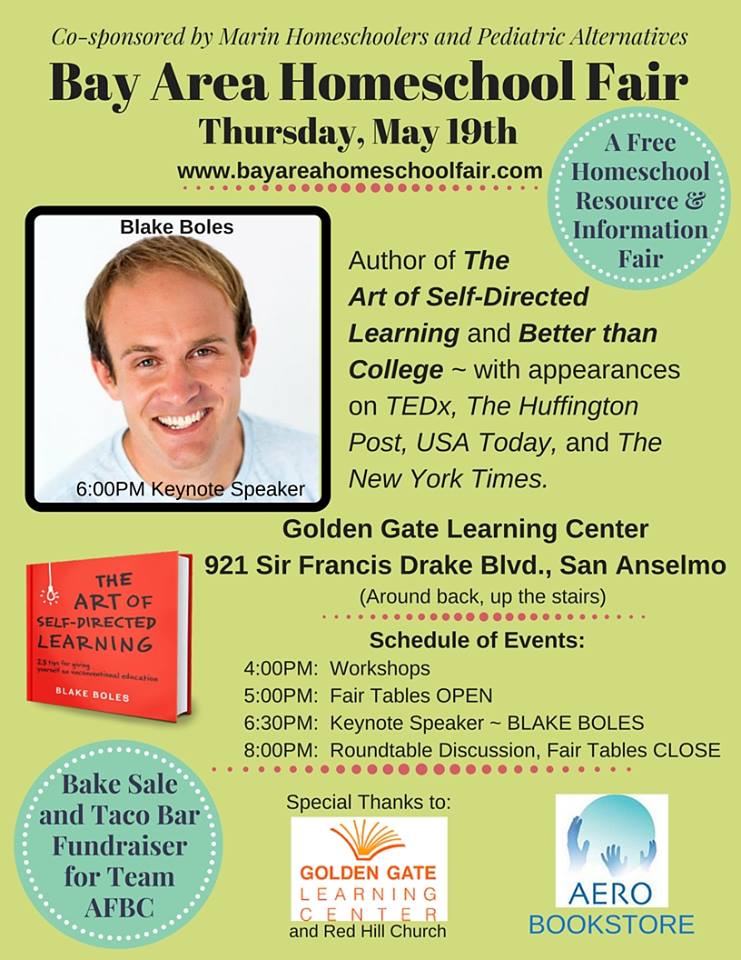By Will Grant
YES Education Jam Facilitator
When you attend conferences, do you ever wish there were more ways to connect with the interesting people at the conference? More ways to explore education with them? Conferences like AERO bring together creative, big hearted people. When I meet these engaging people, I want to do more than talk with them. I want to experience being one of their students. I want to have them learn with me. I want to make art with them, to see what their hidden talents are, to dance, to grieve the heartbreak that is always part of true education, to push our edges together, to co-create something transformative right here, right now.
This year, I am part of a collective of educators experimenting with co-create that kind of experience at AERO. We are called the YES! Education Transformation Jam (Ed Jam, for short). We are gathering 30 educators from around the world for three days before AERO to do a deep dive into transformation and then joining the conference to continue the experiment at AERO. Everyone at AERO is invited to apply to participate in the Ed Jam.
At the Jam, will use every modality we can imagine – play, arts, radical critique, small group conversations, movement, quiet reflection, solo time, etc. – to feel into what we mean by “transformation” and how to ignite it. The Jam won’t be about answers. It will be about living into questions — questions about power and play in education, about race and gender as generative forces in learning, about nature and technology, about the connection between inner transformation and systemic transformation. A major goal is to get out of our heads and into our hearts. The Jam will hold a central place for the emotions of being teachers and learners trying to create a world we believe in – passion, sadness, softness, anger, confusion, and inspiration — the range and depth of what education asks for.
We call it a Jam because we are inspired by a music jam – the magic created by collaborative improvisation, the blend of structure and spontaneity that experienced musicians use to find new directions. We are excited by the educational chops all the educators coming to AERO have to share, so the Jam is an invitation to come Jam with us.
We are excited by the free range minds coming together. If you are interested in the Jam, we would love to have you join us. You can find more information and an application here: www.yesworld.org/edjam2016. Space is limited, so please apply today!



















